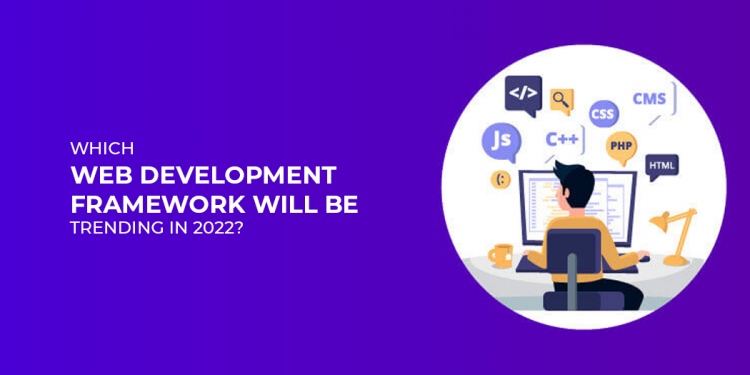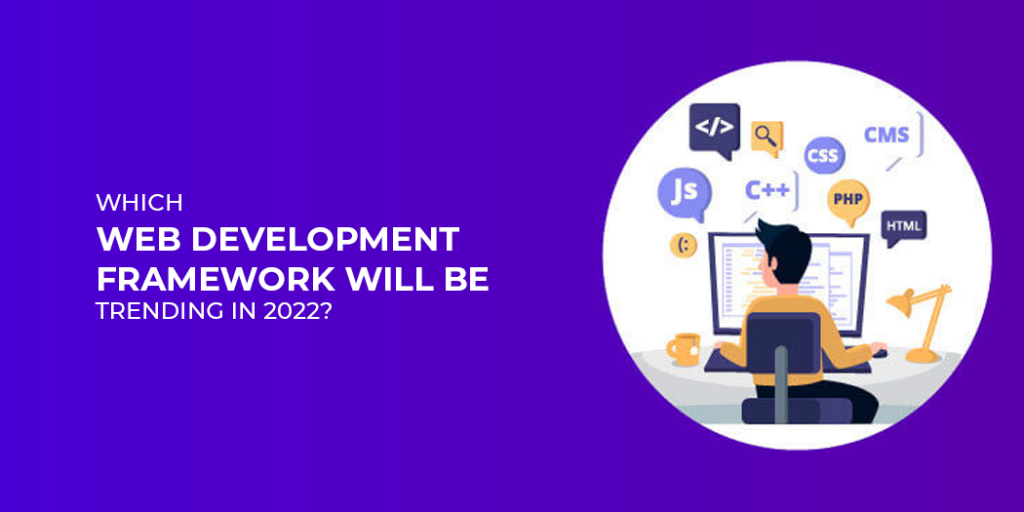With all the web development frameworks out there, it can be hard to choose which one to go with. In 2022, however, you might find that one framework emerges as the clear winner—not because of its superior ease of use or superior code management but because of some other factor entirely. What will this factor be? That’s what we’re going to figure out in this post. It’s not really important now—just know that it will happen in 2022 and that we’ll give you the details then. Don’t say we didn’t warn you!
What are the top web development frameworks right now?
Right now, there are a lot of different frameworks to choose from. If you’re looking for some sort of overview, here’s a quick rundown of what people are using right now
React is probably most popular framework out there, thanks to its ease of use and flexibility. It’s also compatible with most of today’s tools and development platforms, making it a solid choice for both beginners and advanced developers. If you want to build your own web apps but aren’t sure where to start, React would be a good option. Another option you might want to consider is Angular. It allows easy mobile app development and offers various built-in features that make web app building simple.

Why is it important to choose a framework that will be trending in 2022?
Choosing a framework that is trending now can save you a lot of time and effort, as you won’t have to re-invent every wheel. The question then is: which web development frameworks will be trending four years from now? To answer that question, we’ll take a look at trends in other industries and how they could affect our choices. For example, there are several startups using 3D printing for prototyping purposes.
3D printing will likely have a big impact on how we design our web apps. We’ll likely need to select a framework that allows for rapid prototyping so we can quickly iterate on any new ideas or technologies that come up during development. The framework should also make it easy to transition our designs into finished products, whether through code generation or code translation.
How do you pick a web development framework for a project with an uncertain deadline, unknown technology stacks, and uncertain ROI?
There are a myriad of factors that go into selecting a web development framework. The best place to start is by looking at your company’s capabilities, budget, target audience, and deadline. After you have that information, you can begin narrowing down your choices to create an ideal list of candidates.
The first step to figuring out which framework is best for your project is looking at your resources. What type of deadlines are you working with, and how do they relate to your client’s deadlines?
Read More: Create your account – Payroll Employee Portal Experience
What skills do you need to know different types of frameworks well enough to decide which is best for your next project?
There are three skills that you should master before you decide which web development framework is best for your next project. The first is SQL; if your next project needs to store, manage and edit information, then learning how to use an SQL database will give you a huge head start. The second skill is knowing how to build a web page from scratch using HTML, CSS and JavaScript. It’s also important to know what roles each of these languages play.
What web development frameworks are likely to still be used 10 years from now, what will have evolved into something else, and what will be new frameworks developed over the next decade?
First, let’s clarify what we mean by web development services company. This post isn’t an analysis of best-practices or a look at cutting-edge UI design trends. We’re looking at how existing frameworks will be used and/or evolve to serve different purposes as we move forward into future web applications.
How does evolving technology affect the way we develop sites today versus how we develop them 10 years from now (and even sooner)?
It’s always hard to predict what’s going to be trending and popular 10 years from now, but here are a few interesting things I think will become more prominent: The use of languages such as Swift and Rust. They compile down to efficient machine code with no runtime overhead (which means they can be memory-efficient and very fast!). The emergence of virtual reality/augmented reality frameworks such as Unity3D (game engine) or OpenCV.



1 Comment
Pingback: Best Agile Project Management Software